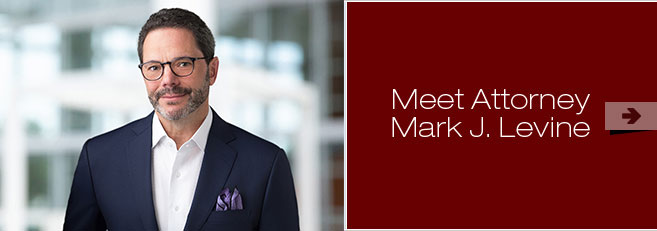Categories
Recent Posts
- Meaningful Harassment Training
- Put it in Writting
- Get A Receipt: How to stop employee misappropriation
- Focus on the Wins
- HALLOWEEN EDITION: CUES TO CALL A LAWYER
Archives
- December 2023
- October 2023
- May 2023
- February 2023
- October 2022
- August 2022
- May 2022
- April 2022
- March 2022
- January 2022
- June 2021
- May 2021
- December 2020
- September 2020
- July 2020
- May 2020
- March 2020
- February 2020
- December 2019
- October 2019
- September 2019
- June 2019
- April 2019
- March 2019
- January 2019
- December 2018
- September 2018
- June 2018
- May 2018
- February 2018
- January 2018
- December 2017
- September 2017
- July 2017
- May 2017
- April 2017
- January 2017
- October 2016
- September 2016
- July 2016
- June 2016
- May 2016
- March 2016
- February 2016
- December 2015
- November 2015
- October 2015
- August 2015
- June 2015
- May 2015
- March 2015
- January 2015
- December 2014
- November 2014
- September 2014
- August 2014
- July 2014
- May 2014
- April 2014
- March 2014
- February 2014
- January 2014
- November 2013
- September 2013
- August 2013
- July 2013
- June 2013
- May 2013
- April 2013
- February 2013
- January 2013
- October 2012
- August 2012
- July 2012
- May 2012
- April 2012
- January 2012
- December 2011
- November 2011
- October 2011
- September 2011
- May 2011
- March 2011
- January 2011
- December 2010
- November 2010
- October 2010
Meaningful Harassment Training
Posted on December 19, 2023 in Consulting
Today I want to tell you a story that explains why meaningful harassment training helps employers avoid the courthouse. A client has a small operation in California, where the state mandates sexual harassment training. I conducted the training with the Company’s HR Director. The next week, a male employee reported he had witnessed a male co-worker engage in obviously offensive conduct towards a new female employee. The employee said the training motivated him to come forward. Human Resources reached out to the victim who felt safe reporting the facts because she trusted the Company following its investment in training. As you might guess, the Company fired the harasser.
This situation could have easily resulted in a lawsuit. Only meaningful training averted litigation. Here are three thoughts on what we did right and what your business should consider for its harassment training.
- A Legal-HR Partnership Works Best.
Employers typically outsource training to an outside counsel or a professional training service. Yet, the reality is that employees do not relate easily to a lawyer they have never met or a professional trainer they will never see again. Human resource professionals work so closely with employees that they might appear too familiar and perceived as informal. Combining an outside attorney with corporate HR achieves the best training result: the formality and seriousness of a lawyer; the personal relationship and company commitment from HR.
Take my story as an example. The HR professional and I are friends having worked together for years. We drafted the training content together and agreed on the message we wanted to deliver. We collectively conveyed a clear, concise message that was formal and sincere. If I can make it happen, every training I do for clients henceforth will be in partnership with HR.
- Stress Every Employee’s Responsibility to Report Misconduct.
It is a simple fact. Many victims of harassment choose not to come forward. Victims might be new to a company (as in my story) and be uncomfortable making an accusation against someone with more tenure. Written policies promising no retaliation will not eliminate a natural and understandable fear that will discourage reporting harassment. For these reasons, it is so important that employers encourage co-workers to be advocates for each other and come forward to report improper behavior.
My story is a perfect example. The victim was new to the job. The harasser had been with the Company for some years and seemed popular in the workforce. It is easy to appreciate her reluctance to complain. A good person witnessed some of the misconduct and told HR that the training motivated him to come forward. My HR partner and I had stressed in our training that good employees report misconduct. (So happy we did!) But for this good person’s actions, it is entirely possible the harassment would have continued, and the situation turned into a lawsuit.
- Address All Illegal Harassment in the Training.
The MeToo Movement motivated employers to refocus on harassment in the workplace and spurred some states to mandate sexual harassment training. Every employer should conduct at least bi-annual sexual harassment training – the requirement in California. We should not, however, lose sight that sexual harassment is one of many forms of illegal harassment that can plague a workplace. Every sexual harassment training session can easily incorporate instruction and education on the illegality of race, disability, religious, age, and any other form of illegal harassment.
I hope you enjoyed this newsletter and ask that you encourage your management team to invest in meaningful harassment training in the New Year. A small investment in meaningful training helps avoid the courthouse.

